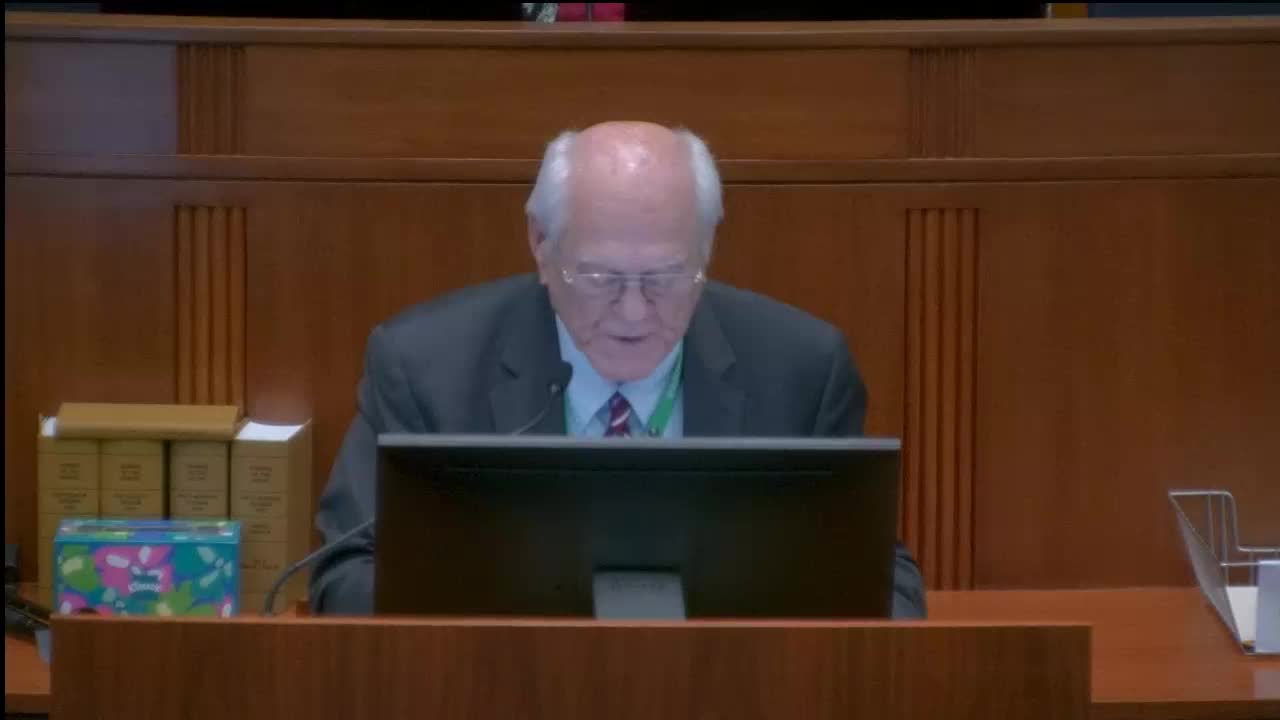House rejects conference report on bill to govern extraction, royalties for rare minerals in coal
Get AI-powered insights, summaries, and transcripts
Subscribe
Summary
The North Dakota House voted down a conference committee report for House Bill 14‑59 after extended debate over ownership, retroactivity, and royalty rules for rare and critical minerals found in coal and coal byproducts.
The North Dakota House of Representatives rejected the conference committee report on House Bill 14‑59 on a 3‑88 recorded vote, ending a lengthy floor debate about how the state should regulate extraction and royalties for rare and critical minerals associated with coal.
Supporters said the bill would create a state framework to identify and develop rare minerals and rare‑earth resources in coal seams and coal byproducts. Representative Dee Anderson, who presented the conference report, said the measure "sets up the framework to mine and hopefully refine rare minerals" and noted the legislation declares it is in the public interest to develop critical minerals within the state.
Opponents warned the bill would rewrite decades of lease expectations and improperly vest broad power and pricing rules in state law. Representative Clamine said the bill would change longstanding title and royalty relationships and urged sending it back to conference. Representative S. Olson argued that the matter should remain a private negotiation between landowners and leaseholders rather than a statutory mandate setting royalty rates.
The bill text described ownership, royalty and title provisions, including retroactive application and royalty language that opponents said would change existing coal leases. Representative Clamine cited North Dakota statutes on coal mining and mineral definitions and pressed that jurisdictional authority properly rests with the Public Service Commission, not the Industrial Commission. Representative Porter, a member of the House Energy and Natural Resources Committee, said language came from mineral‑title attorneys and recommended further conference committee work.
Debate included technical and policy claims about possible refinery costs and market timelines. Representative Anderson estimated the capital cost of a refining facility around $100,000,000 and said federal dollars might be available if the bill advanced; others highlighted uncertainties in inventory, refining costs and legal exposure.
Representative Novak and other supporters emphasized economic and national‑security rationales, saying the U.S. depends on foreign supply chains for refined rare earths. Opponents repeatedly raised the bill’s retroactivity, potential court challenges, and the proposed 2.5% gross‑receipts payment in the draft as reasons to reject the conference report.
After debate, the clerk recorded the vote: 3 yeas, 88 nays, and the conference committee report was rejected.
The outcome returns the issue to further negotiation between the chambers; lawmakers on the floor asked that the measure be returned to conference for additional work.
The House then moved on to other business.
